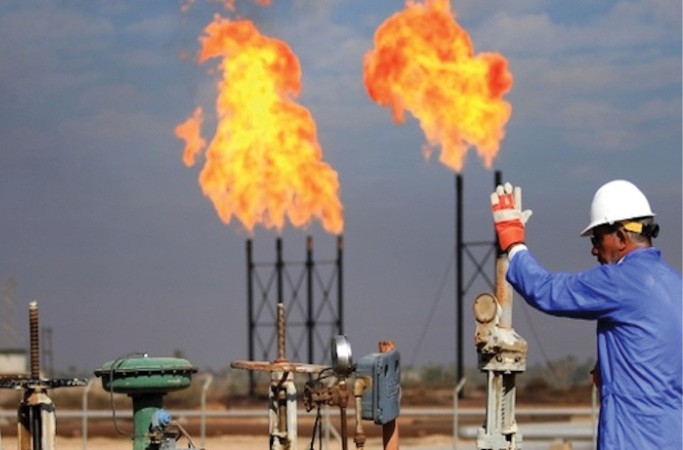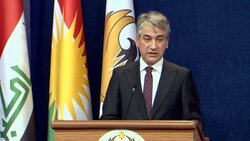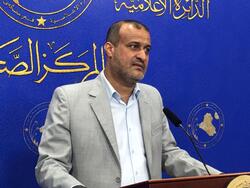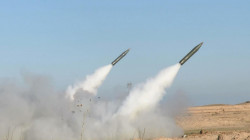Iraqi Electricity Ministry addresses gas supply shortfall with caution

Shafaq News / The Iraqi Ministry of Electricity announced on Sunday a reduction in the supply of imported gas from Iran due to maintenance work, prompting the use of alternative fuels such as kerosene to prevent power outages.
Minister of Electricity Ziyad Ali Fadhil informed Shafaq News Agency that "the current electricity supply rate stands at 18,000 megawatts, with a decrease in imported gas supply reaching around 15 million."
He clarified that "the decline in imported gas is due to ongoing maintenance work jointly conducted with the Iranian side on the imported gas pipelines," suggesting that "maintenance work is expected to be completed by mid-February, after which gas supply will return to normal."
Minister Fadhil went on to say that "the ministry has presented a plan to the Cabinet focusing on increasing energy production rates higher than last summer, in addition to a campaign for the maintenance of production units in preparation for the upcoming summer season."
Meanwhile, a source within the Ministry of Electricity told Shafaq News Agency that "Iranian gas pressure decreased last month, prompting the ministry to resort to using kerosene as fuel to operate production units to stabilize continuous electricity supply and prevent interruptions."
The source pointed out that "each production unit consumes over 30,000 liters of kerosene per hour."
Earlier on Sunday, Jordan and Iraq signed the first amendment to the electricity supply contract to provide the Iraqi side with electricity at 132 kilovolts to power loads in al-Rutbah estimated at about 40 megawatts.
The agreement was signed by Amjad Rawashdeh, Director-General of the National Electric Power Company, on the Jordanian side, and Riyadh Aribi Muklif, Acting Director-General of the General Company for Electricity Transmission/Middle Region, on the Iraqi side, in the presence of officials from both parties.
Iraq is currently negotiating with Gulf countries, led by Saudi Arabia, to import electricity by linking its grid with the Gulf system, after relying solely on Iran in recent years for 1,200 megawatts of electricity and gas fuel to feed local power stations.
Iraq has suffered from a chronic electricity shortage for decades due to blockade and successive wars. Residents have long protested against frequent power outages, especially during the scorching summer when temperatures sometimes reach 50 degrees Celsius.





